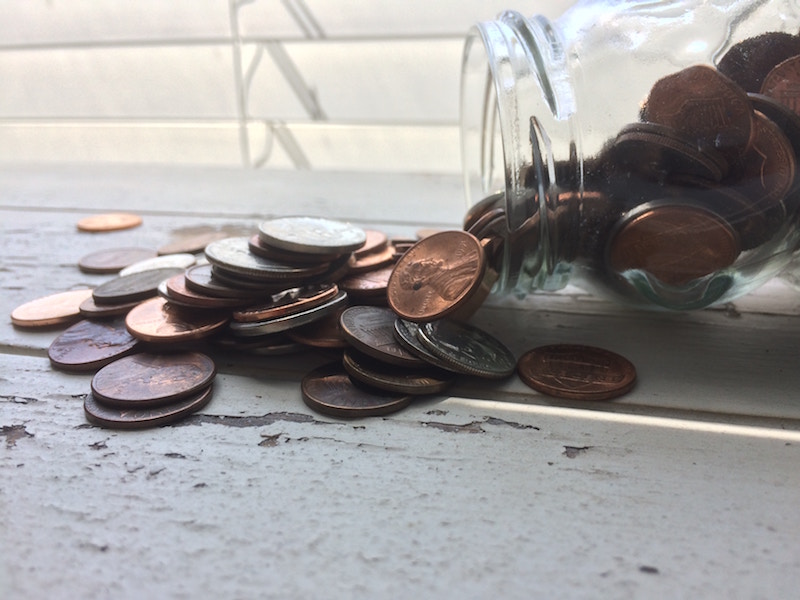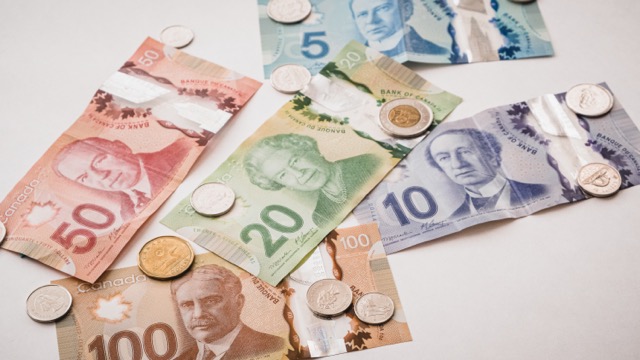How Payment Frequency Can Save Money
One of the decisions you will need to make before your new mortgage is set up, is what kind of payment frequency you would like to have. For many, sticking to a monthly payment is the default, however, other payment frequency choices can save you money in interest costs over time.
Monthly Payments
Monthly payments are exactly as they sound, one payment every month until the maturity date of you mortgage at the end of your term. Took a 3-year term? You will make 36 payments (12 payments a year) and then you will need to renegotiate your interest rate. 5-year term? You will make 60 payments.
$500,000 mortgage
3% interest rate
5-year term
$2,366.23 monthly payment
$427,372.90 remaining over 20 years
$69,346.70 paid to interest
$72,627.01 paid to principal
Semi Monthly
Semi-monthly is not bi-weekly. Semi monthly is your monthly payment divided by two. That means, you are making 24 payments every year, but each payment is slightly less than half of what the monthly payment would of been.
$500,000 mortgage
3% interest rate
5-year term
$1,182.38 semi monthly payment
$427,372.99 remaining over 20 years
$69,258.59 paid to interest
$72,627.01 paid to principal
Bi-Weekly
Bi-weekly, you are not making 2 payments every month. With 52 weeks in a year, you are actually making 26 payments, 2 more than semi-monthly (2 months a year you make 3 bi-weekly payments). The interest paid and balance owing are slightly less than the others, but mere cents. You will still need to make payments for another 20 years.
$500,000 mortgage
3% interest rate
5-year term
$1,091.38 bi-weekly payment
$427,372.36 remaining over 20 years
$69,251.76 paid to interest
$72,627.64 paid to principal
Accelerated Bi-Weekly
Just like regular bi-weekly, you are not making 2 payments every month. With 52 weeks in a year, you are actually making 26 payments, 2 more than semi-monthly. However because this is accelerated, the payment amount is higher.
$500,000 mortgage
3% interest rate
5-year term
$1,183.11 accelerated bi-weekly payment
$414,521.40 remaining over 17 years 4 months
$68,325.70 paid to interest
Mortgage Payment Frequency Options
$85,478.60 paid to principal
You have increased your yearly payment amount by $2,384.98, $11,924.90 over 5-years. That extra $11,924.90 has decreased your outstanding balance at the end of your mortgage term by $12,850.96 because more of your payments went to principal and less went to interest. Also, you will now have your mortgage paid off more than 2.5 years earlier.
The same option is available for accelerated weekly payments which will shave another month off of time required to pay back the whole loan as well. If you can afford to go accelerated, your best option is to do so! Especially in the early years where a larger portion of your payments are going towards interest, not paying down your principal.
If you have any more questions on how choosing the right Payment Frequency can save money, please do not hesitate to reach out to us at Prime Mortgage Works. Information Courtesy of Ryan O. DLC










